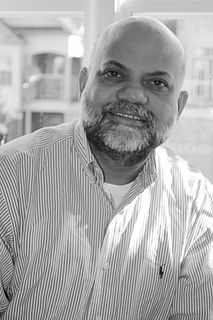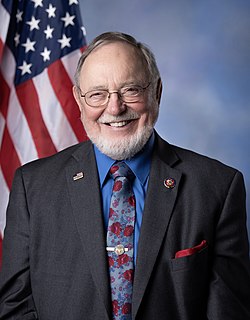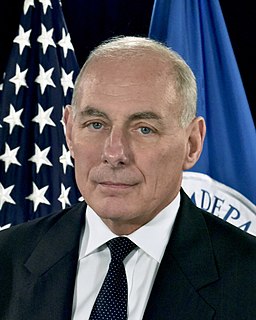A Quote by Iqbal Quadir
A military or government hierarchy is anathema to the dispersed population and diverse tribes of mountainous Afghanistan.
Quote Topics
Related Quotes
During the 19th century, Britain fought two wars in unsuccessful attempts to subjugate the Afghans. When Britain finally drew a border between India and Afghanistan in 1893, Pashtun tribes in southern Afghanistan were cut off from related tribes across the border in what was then India and is now Pakistan.
Yes and no. Because America has only about 1 percent of the population serving in the military, it is hard for many civilians to understand the sacrifices military families make. However, my experience is that after the Vietnam War, the public learned that they should support the military whether or not they support the war. You've seen that outpouring of support for the veterans of both Iraq and Afghanistan.
Iraq broke our back in terms of counterterrorism. There's no doubt about it. The first thing, though, that hurt us was the fact that the U.S. military was absolutely unprepared to do anything on 9/11 - or 9/12 or 9/13. And by the time we actually attacked Afghanistan, al Qaeda and the Taliban had dispersed.
I am extremely proud of our remarkable men and women who serve in our military, but the reality is that this is a shrinking percentage of the American population. Unfortunately, this has resulted in a growing disconnect between our military and civilian population. At one time, we had participation from nearly every American. Victory gardens, metal collections, saving stamps and bonds-everyone did their part to support our military. We simply don't do that anymore.
If you polled the military in Afghanistan as to how many think we should be there or not, the numbers would probably be similar to what the U.S. population believes. That's not because they're watching the news. But, hey, they are out there risking their lives. No one likes to be criticized and it really sucks to be criticized when you're risking your life.
We do not want to keep our troops in Afghanistan. We see no military - we seek no military bases there. It is agonizing for America to lose our young men and women. It is costly and politically difficult to continue this conflict. We would gladly bring every single one of our troops home if we could be confident that there were not violent extremists in Afghanistan and now Pakistan determined to kill as many Americans as they possibly can.
Obviously Pakistan and the U.S. are very different countries, but we have common geopolitical interests in preventing communist take over in Afghanistan and hence, now that Pakistan has a government that we can cooperate with, even though it is a military government, we are working together with them in order to promote our common interests. But obviously we also differ with Pakistan on a number of issues.
Every democracy must involve civil society in the process of establishing budgets, and all sectors of society must be consulted to determine what the real priorities of the population are. Lobbies, including military contractors and other representatives of the military-industrial complex, must not be allowed to hijack these priorities to the detriment of the population's real needs.



































